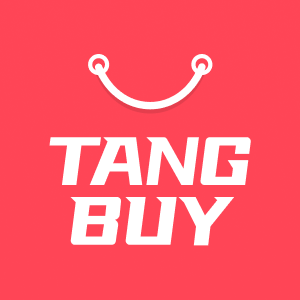Choosing Between Cheap Shipping and Fast Shipping for Your German Dropshipping Store

When you run a German dropshipping store, you face a big decision: should you pick cheap shipping or fast shipping? Logistics eats up most of your costs and decides how happy your customers feel. German shoppers expect both low prices and quick delivery. In fact, 85% say delivery time is important, and 36% will only buy if the shipping cost makes sense. Cheap Shipping can help you save money, but you need to find the right balance between speed, reliability, and cost for your products and your customers.
Key Takeaways
Know what your customers like. Some want cheap shipping. Others want their orders fast.
Pick Cheap Shipping for items that cost less. This saves money. It brings in customers who care about price.
Use Fast Shipping for things needed quickly or that cost more. This makes customers happy. It helps them buy again.
Always give tracking choices. Customers like to see where their package is.
Check your shipping costs often. Look at prices from different companies. Find the best one.
Try your shipping ways before busy times. Make sure your system can handle more orders. Avoid late deliveries.
Show delivery times clearly on your website. This helps customers trust you. It sets clear expectations.
Think about using technology for shipping. Tools can do jobs for you. They help you work faster.
Shipping Options
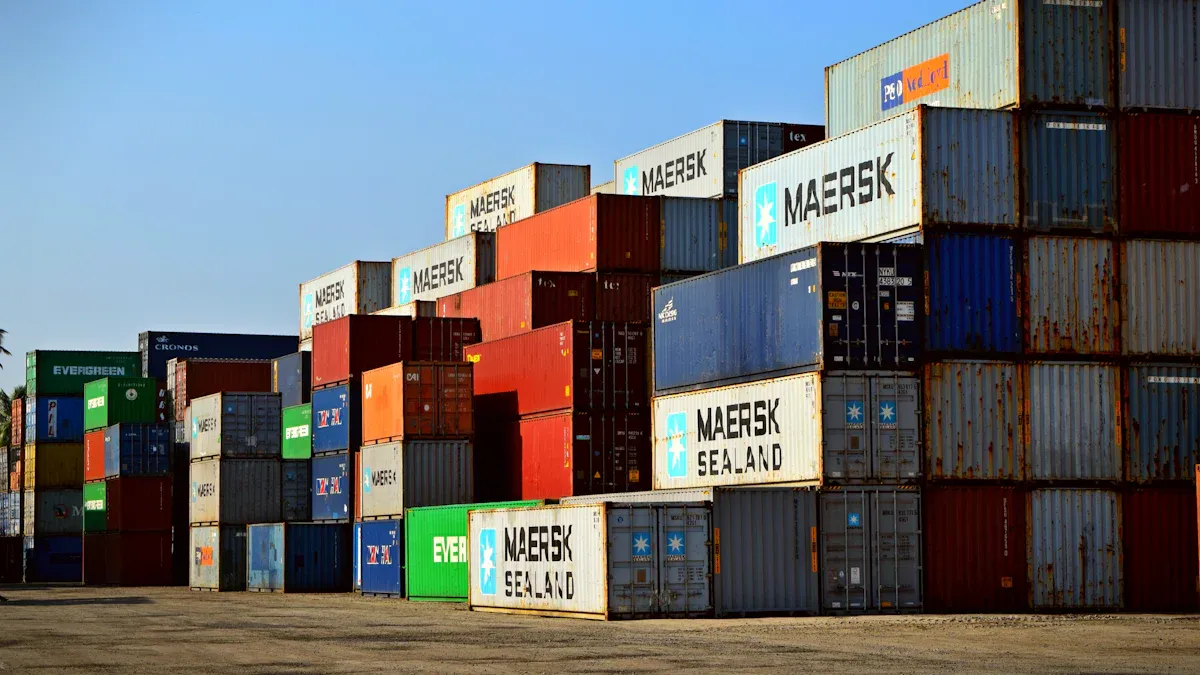
Cheap Shipping
You want to save money on each order. Cheap Shipping helps you spend less. This is good if you sell low-cost items. It also helps if you want to give free shipping. Many German dropshipping stores use DHL or DPD. These carriers have cheaper shipping choices. Suppliers in big cities like Berlin, Hamburg, or Frankfurt ship faster. They are close to shipping networks, so service is better.
Here’s what Cheap Shipping gives you:
Lower shipping costs, so you can set good prices.
Basic tracking, so customers see where their package is.
Delivery can take a few days or up to two weeks.
Tip: Cheap Shipping is best for items that are not urgent or pricey. If your customers care more about saving money, this is a good choice.
Fast Shipping
You want your customers to get orders fast. Fast Shipping is quick and reliable. You pay more, but delivery is faster. German shoppers like fast shipping for gifts and electronics. They want things they need right away.
With Fast Shipping, you get:
Express delivery, sometimes in 1-3 days.
Full tracking, so customers know what is happening.
Fewer delays, even when it is busy.
Suppliers in big cities ship orders faster. They are near shipping hubs. DHL Express or DPD Express offer special services. Dropshipping stores use these to stand out.
Logistics Stages: What Happens Behind the Scenes
Every package goes through steps before reaching your customer. Each step changes how fast and how much shipping costs. Here is a quick look:
Logistics Stage | Impact on Delivery Time | Impact on Cost |
|---|---|---|
Last-Mile Delivery | The last part affects delivery speed | Changes total shipping cost by service type |
Transport System | Shows how well delivery works | Changes costs by transport type |
Route and Vehicle Planning | Makes routes better, saves time | Can lower costs with smart planning |
Supply Chain Strategies | Changes speed based on demand | Changes costs by using resources well |
If pickup is slow, your package waits in the warehouse. Air freight is faster, but costs more. Customs clearance is important. If paperwork is not ready, delays happen. Last-mile delivery depends on your carrier. Some carriers are quicker and more reliable.
Note: German customers want tracking for every package. Make sure your provider gives this as a basic feature.
Logistics Factors
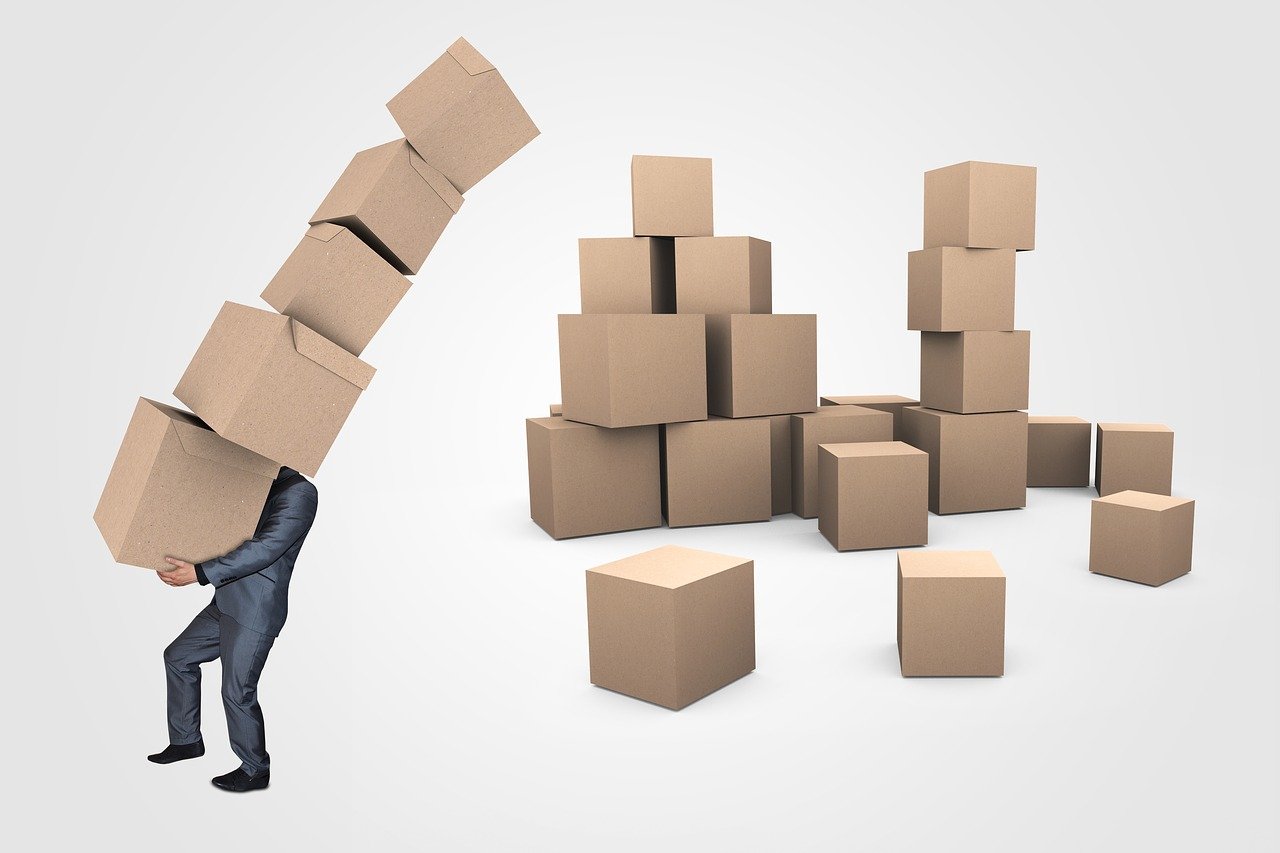
Stages of Delivery
Each order goes through many steps before reaching your customer. Every step can make shipping faster or slower. Let’s look at what happens at each stage.
Pickup
Pickup is the first step. The supplier gets the package ready. Then, they give it to the carrier. Fast pickup means your order moves quickly. Slow pickup makes your package wait in a warehouse. Suppliers in big cities pick up faster. They are close to shipping hubs.
Air Freight
Air freight sends your package to other countries. Fast air freight saves days on delivery. If airlines have space and fly often, your package leaves quickly. Delays happen if there is not enough room or flights get canceled. Air freight costs more. It is good for urgent orders.
Customs
Customs checks your package when it arrives in Germany. If your paperwork is complete, customs clears it fast. Missing VAT or IOSS info causes long delays. Customs can be hard to predict. Good carriers help by preparing documents early.
Last Mile
Last mile delivery is the last part. The carrier brings the package from the hub to your customer’s door. This step decides how fast your customer gets their order. Some carriers, like DHL Express, deliver fast and give full tracking. Others may be slower or give less tracking.
Tip: Real-time tracking at every step keeps customers happy. It also means fewer support requests.
Here is a quick look at what affects logistics efficiency:
Factor | Impact on Logistics Efficiency |
|---|---|
Fast Shipping | Makes delivery much quicker |
Strategic Supplier Selection | Helps products arrive and be reliable |
Demand Prediction | Manages inventory and saves money |
Real-Time Tracking | Improves customer experience and lowers support needs |
Effective Communication | Keeps customers happy during delays |
Provider Reliability
You need a shipping provider you can trust. Reliable providers keep packages moving, even when it is busy. They offer steady flights, quick customs, and full tracking. If something goes wrong, they help you fix it.
Unreliable providers cause problems. You might get slow tracking, missed deliveries, or lost packages. Almost 73% of shoppers in North America and Europe had a delivery problem in three months. In Germany, about 7% of first deliveries fail. Late deliveries are common. 76% of online shoppers had at least one late delivery last year.
When shipping providers mess up, you get more than delays:
You lose sales as customers go to other stores.
Your store’s reputation gets worse.
You spend more on inventory and backup plans.
Customers get upset and may not return.
Note: Picking a reliable provider helps you avoid stress, extra costs, and unhappy customers. Your business grows when you deliver on time, every time.
Cheap Shipping Pros and Cons

Advantages
You want to spend less money. Cheap Shipping helps you save. When shipping costs are low, you can give better prices. You might even offer free shipping sometimes. This is important in Germany because people like good deals.
Here are some good things about Cheap Shipping:
You save money on each order. Lower shipping costs help you set better prices.
You can do more promotions. Many stores use Cheap Shipping for free shipping over a certain amount. About 46% of German stores do this. Only 6% give free shipping on every order. Using cheap shipping helps your store stand out.
You can get shoppers who care about price. More people will buy from you if shipping is cheap.
You keep your profits strong. When shipping costs go up, more stores charge for delivery. Cheap Shipping helps you keep making money.
You can pick from different delivery choices. Giving choices makes 79% of customers happier.
Tip: If you want your store to grow, use Cheap Shipping for cheaper products. You will reach more people who care about price.
Here’s a simple look at how Cheap Shipping helps your store:
Benefit | How It Helps Your Store |
|---|---|
Lower costs | Lets you give better prices |
Free shipping promos | Brings in more customers |
Flexible delivery | Makes customers happier |
Higher margins | Keeps your store making money |
Disadvantages
Cheap Shipping has problems too. You should know the bad sides before you choose it.
Delivery can be slow. Cheap Shipping to Germany takes about 1-3 business days. Germans want fast delivery, usually in three days. If shipping is slow, 25% of buyers may not finish their order.
You might lose customers who don’t want to wait. Most people want their package in 1-2 days. If you are slow, you may get fewer repeat buyers.
Tracking can be simple. Some cheap carriers don’t update tracking much. Customers want to see where their package is.
You may get more complaints when it’s busy. Slow delivery can mean bad reviews and more questions.
Free shipping is hard to give on every order. Only a few stores in Germany offer free shipping all the time. Costs make it hard to keep this offer.
Note: If you sell things people need fast or expensive items, Cheap Shipping may not work well. Customers want quick and safe delivery, especially for gifts or electronics.
Here’s a quick look at the problems:
Challenge | Impact on Your Store |
|---|---|
Longer delivery times | Fewer sales, more carts left behind |
Basic tracking | More customer questions |
Limited free shipping | Harder to beat big stores |
More complaints | Customers are less happy |
Fast Shipping Pros and Cons

Advantages
You want your customers to feel happy when they order. Fast shipping helps you give them a great experience. When you deliver orders quickly, you show customers you care about their time. You also look better than stores that ship slowly.
Here are some big advantages of fast shipping:
Boosts customer satisfaction: People like getting their orders fast. You make them happy when you deliver quickly.
Increases repeat purchases: Customers come back to stores that ship fast. They trust you to send orders on time.
Reduces cart abandonment: Shoppers leave if delivery is slow. Fast shipping keeps them buying from you.
Improves your store’s reputation: Happy customers write good reviews. They tell their friends about your store.
Helps you compete with big brands: Fast shipping lets you match or beat big stores.
When you ship orders fast, customers are happier and buy again. Meeting their needs helps you keep them for a long time.
Stores with two-day shipping get more repeat buyers.
Stores with two-day shipping have 25% more repeat buyers than stores with 5-7 day delivery.
Here’s a quick table to show how fast shipping helps your store:
Advantage | What It Means for You |
|---|---|
Higher satisfaction | Customers feel happy and valued |
More repeat purchases | Shoppers return to buy again |
Fewer abandoned carts | More sales, less lost revenue |
Better reviews | Strong reputation, more referrals |
Competitive edge | Stand out in the German market |
Disadvantages
Fast shipping is great, but it has some problems. You pay more for fast delivery. You also have to work harder to keep your promises.
Here are some disadvantages to think about:
Higher shipping costs: Express delivery costs more money. You may need to raise prices or make less profit.
More pressure on logistics: You must use good carriers. If something goes wrong, customers want quick answers.
Limited coverage for some products: Not every item can ship fast. Big or heavy items may take longer.
Risk of mistakes during busy seasons: Holidays and sales can slow down carriers. Delays can happen even with express shipping.
Customer expectations rise: If you offer fast shipping, shoppers want it every time. If you slow down, they may not trust you.
Tip: Test your fast shipping before busy times. Make sure your partners can handle more orders.
Here’s a table to help you see the downsides:
Disadvantage | What You Need to Watch Out For |
|---|---|
Higher costs | Lower profit margins, possible price hikes |
Logistics pressure | Need for reliable partners, quick fixes |
Limited product coverage | Not all items ship fast |
Busy season risks | Possible delays, more complaints |
Rising expectations | Customers demand speed every time |
Fast shipping gives you a big advantage, but you must plan well. If you balance speed and reliability, you can get loyal customers and grow your German dropshipping store.
Customer Satisfaction

Expectations
You want your customers to feel good when they shop. German shoppers care a lot about how fast things arrive. Many people check delivery speed before they buy. If you ship quickly, your store stands out.
Here is what German online shoppers want:
About 70% want their package in two days.
76% look at delivery dates before buying.
Around 60% will pay extra for same-day delivery.
Speed is important to most shoppers. Fast shipping meets their needs. Cheap Shipping saves money, but some customers may not wait.
Tip: Show delivery dates on your product pages. Customers feel better when they know when their package will come.
Experience
Customers remember how you handle their orders. If you ship fast and keep promises, they come back. If you are late or lose packages, they may leave bad reviews.
Shipping speed and trust change your store’s reputation. Here is how these things affect your business:
Factor | Impact on Customer Experience |
|---|---|
Fast delivery | Makes customers happy and loyal |
Reliable tracking | Builds trust and reduces questions |
On-time arrival | Leads to good reviews and referrals |
Delays or lost items | Causes complaints and lost sales |
You want customers to trust your store. Using good carriers and real-time tracking helps. This means fewer support questions. Happy customers write good reviews and tell friends.
If you deliver fast, buyers come back. If you are slow, you may lose them. Your shipping choice changes your store’s growth and reputation.
Note: Test your shipping before busy times. Make sure your partners can handle more orders without delays.
Cost Analysis
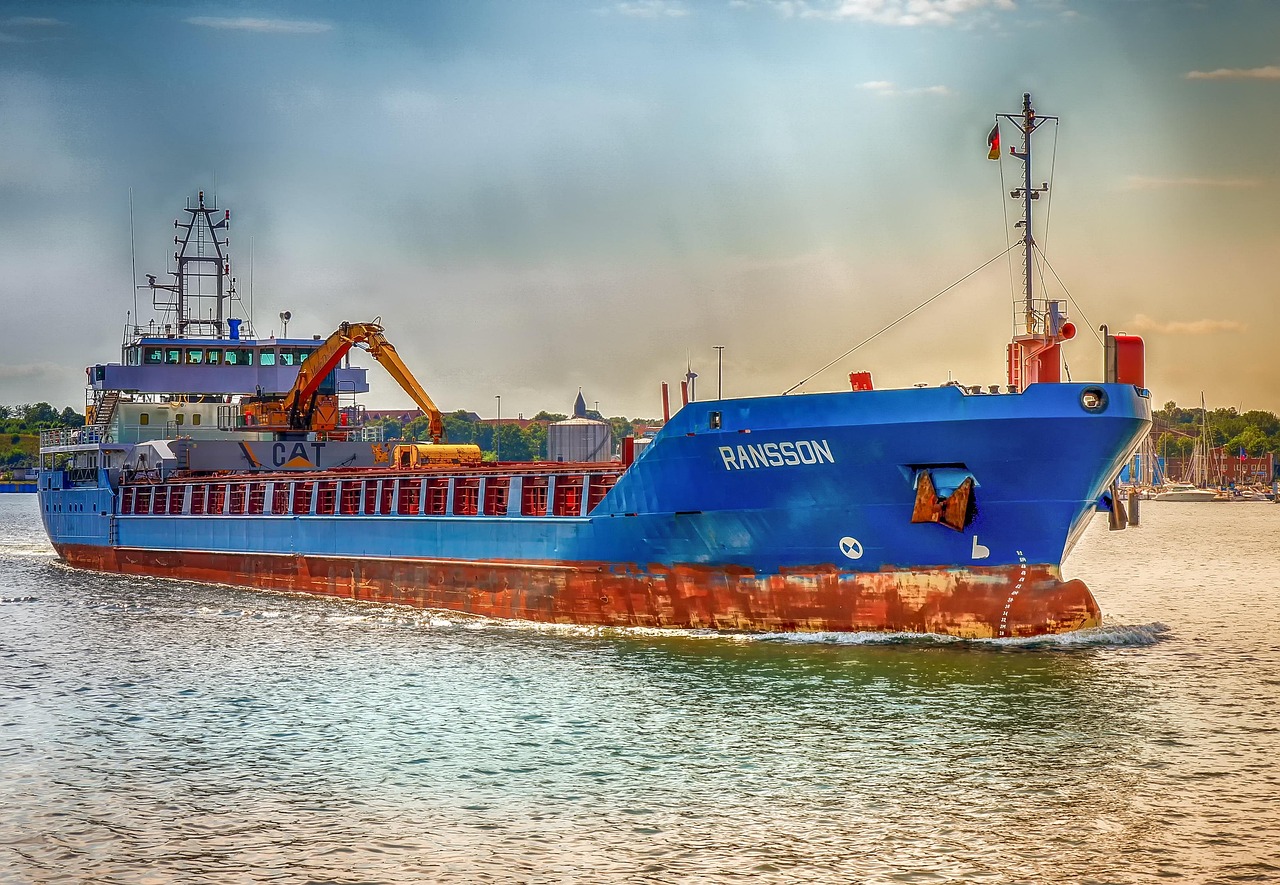
Shipping Costs
Shipping costs play a huge role in your dropshipping business. You want to keep them low, but you also want your packages to arrive quickly. If you choose cheap shipping, you save money, but your customers might wait longer. Fast shipping costs more, but it can make your store stand out.
Let’s break down the average shipping costs for German dropshipping stores:
Domestic EU shipping usually costs between €3 and €5 per package.
International shipments often range from €10 to €20.
Some suppliers give you free shipping if your order is over €50 or €100.
You see these numbers change based on the carrier, the size of the package, and how fast you want it delivered. If you ship within Germany or the EU, you pay less. Shipping from China or the US costs more. Express shipping bumps up the price, but it gets your products to customers faster.
Tip: Always compare shipping rates from different suppliers. You can save money by choosing the right carrier for each product.
Here’s a quick table to help you see the difference:
Shipping Type | Average Cost per Package | Delivery Speed |
|---|---|---|
Domestic (EU) | €3 - €5 | 1-3 days |
International | €10 - €20 | 5-14 days |
Free Shipping | €0 (over €50-100 order) | Varies |
Express | Higher | 1-3 days |
Shipping costs can change during busy seasons. Holidays and sales events often mean higher prices. You need to plan ahead and test different shipping lines before the rush hits.
Profit Margins
Profit margins decide how much money you keep after paying for shipping and other costs. If you pick cheap shipping, you can offer lower prices and attract more buyers. Fast shipping costs more, so you need to charge higher prices or accept smaller profits.
You want to find the right balance. If your shipping costs eat up your profits, your store struggles to grow. If you charge too much, customers might leave for cheaper options.
Here are some ways shipping affects your profit margins:
Lower shipping costs mean you can offer free shipping or discounts.
Higher shipping costs force you to raise prices or cut into your profits.
Fast shipping can boost sales, but only if customers are willing to pay extra.
Cheap shipping works best for low-value products. Fast shipping fits high-value or urgent items.
Note: Track your shipping expenses every month. If you see costs rising, look for new carriers or negotiate better rates.
You can use this simple formula to check your profit margin:
Profit Margin = (Selling Price - Product Cost - Shipping Cost) / Selling Price
If you keep shipping costs low and set smart prices, you make more money on each sale. Test different shipping options and watch your numbers. Your profit margin shows if your store is healthy or needs a change.
Store Needs
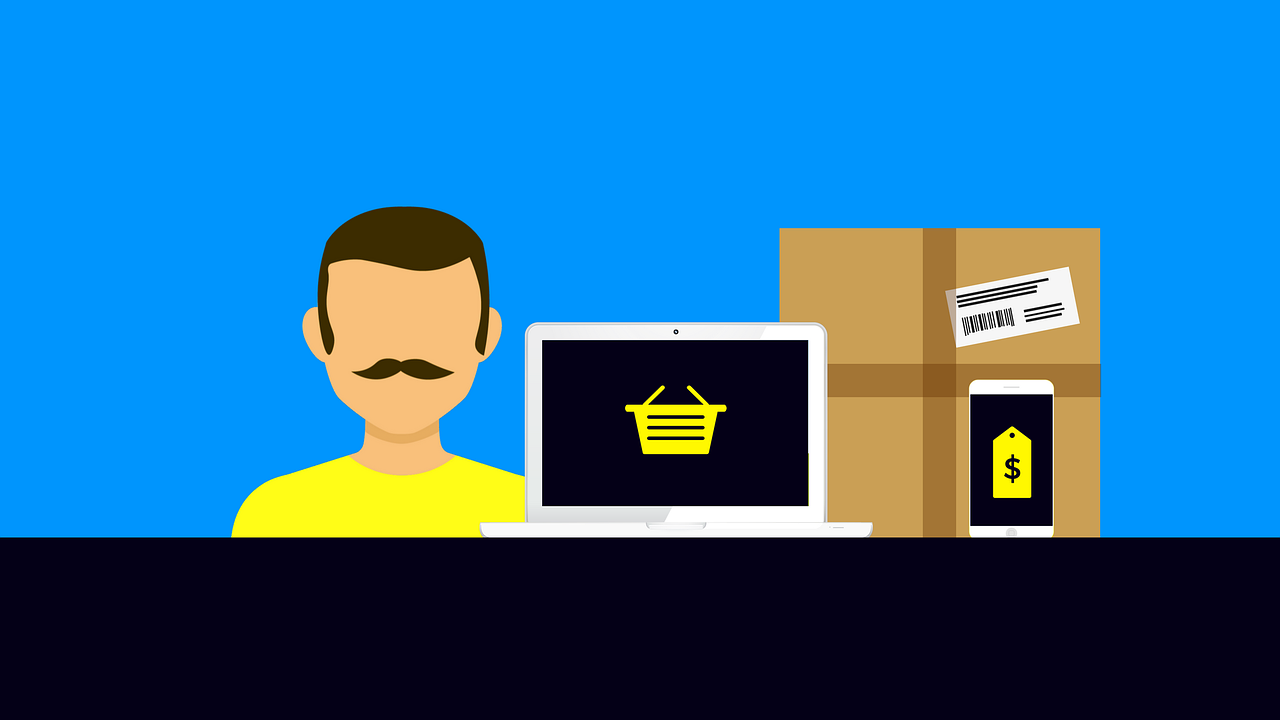
Audience
You need to know who shops at your store. Your audience shapes your shipping strategy. Some shoppers want the lowest price. Others care more about speed. If you sell to students or bargain hunters, they often look for deals and may wait longer for delivery. If your customers buy gifts or electronics, they expect fast shipping.
Ask yourself:
Do your customers care more about price or speed?
Are they willing to pay extra for express delivery?
Do they expect free shipping?
Tip: Check your reviews and customer messages. You can spot what matters most to your shoppers.
Product Type
Your products play a big role in your shipping choice. Think about what you sell and how much each item costs. If you sell low-value items, like a $10 phone case, you need to keep shipping costs low. Spending too much on shipping eats up your profit. Cheap shipping works best for these products.
If you sell higher-value items, you have more options. You can offer faster shipping because your profit margin is bigger. Customers who buy expensive products often want quick and safe delivery. They may pay extra for express shipping.
Here’s a quick list to help you decide:
Low-value products: Use cheap shipping to protect your profits.
High-value products: Offer fast shipping for better service.
Slim profit margins: Stick with cheaper routes.
Bigger margins: Try premium shipping options.
Note: Match your shipping method to your product’s value. This keeps your store profitable and your customers happy.
Goals
Your business goals guide your shipping decisions. Do you want to grow fast, or do you want to keep costs low? If you aim for high sales volume, cheap shipping helps you attract more buyers. If you want to build a premium brand, fast shipping sets you apart.
Think about these questions:
Do you want to offer free shipping to boost sales?
Are you focused on customer loyalty and repeat orders?
Is your goal to stand out from other stores with fast delivery?
You can use a simple table to compare your goals:
Goal | Best Shipping Choice |
|---|---|
Lower costs, more sales | Cheap Shipping |
Premium brand, loyal buyers | Fast Shipping |
Balance profit and service | Mix of both |
Remember: Your shipping choice should fit your store’s vision. Test different options and see what works best for your audience and products.
Decision Framework
Steps
Choosing the right shipping option for your German dropshipping store can feel tricky. You want to make smart decisions that keep your customers happy and your business growing. Here’s a step-by-step process you can follow:
Look at your products. Check the size, weight, and how fragile each item is. Bulky or breakable products may need special shipping.
Think about where you ship. Review customs rules and delivery networks for each destination. Some places have faster or easier delivery.
Compare costs. Figure out how much each shipping method costs. High costs can scare away customers or shrink your profit.
Check delivery times. Fast delivery builds trust and keeps shoppers coming back. Slow delivery works for non-urgent items, like when you use Cheap Shipping.
Review tracking options. Reliable tracking helps customers feel confident. Make sure your carrier offers clear updates.
Tip: Write down these steps and use them every time you add a new product or shipping option. You’ll spot problems before they hurt your business.
Tips
You want your shipping strategy to work all year, especially during busy times like Q4. Here are some tips to help you test and optimize your shipping:
Partner with reliable carriers. Good partners keep your packages moving, even when it’s busy.
Offer more than one shipping choice. Give customers flexibility to pick what fits their needs.
Share shipping deadlines on your site. Customers appreciate clear information and realistic delivery dates.
Audit your logistics data from last year. Look for slow spots and fix them before the rush starts.
Track how long it takes from order to delivery. If you spot delays, talk to your carrier or try a new route.
Review your delivery performance. If one carrier is slow, shift orders to a faster provider.
Watch your fulfillment speed and accuracy. Fast, correct orders mean happy customers.
Check your returns rate. If you see lots of returns, find out why and improve your process.
Note: Test different shipping routes before Q4. Don’t rely on just one carrier. You’ll avoid surprises and keep your store running smoothly.
Optimization

Carrier Negotiation
You want to pay less for shipping. Talking with carriers can help you get better prices and extras. First, make accounts with shipping companies. Many carriers give discounts to businesses that sign up. If you use Shopify or WooCommerce, you can get special prices through their apps.
Think about how many packages you send. Carriers give better deals if you ship a lot. If you know your average order size and where you ship most, use this to get a better deal. Big sellers often sign contracts with carriers. These deals let you set your own prices for shipping. You can ask for lower prices if you ship many packages to certain places or need faster delivery.
Here are ways to get better deals:
Use your ecommerce platform’s apps to get special rates.
Track how many packages you send and where.
Make contracts based on your order size and shipping places.
Tip: Check your shipping contract every year. Carriers might have new deals or change prices as your store grows.
Technology
You do not have to do everything by yourself. Technology can help you make shipping easier and faster. Many tools help you manage orders, track packages, and update your stock without extra work.
Look at these popular software tools for German dropshipping stores:
Software Name | Description | Starting Price |
|---|---|---|
Helps you find products and ship orders, works with Shopify and WooCommerce | Free | |
DropSynco | Connects supplier info with Shopify, updates stock automatically | Free |
Nimble Drop Ship | Makes AliExpress orders easy, lets you import products with one click | $18/month |
DSers | Lets you place many orders at once, updates tracking numbers | $1.99/month |
Modalyst | Sells designer brands, eco-friendly suppliers, easy to use with Shopify | $35/month |
Zendrop | Offers fast shipping, custom branding, and support all day | Free |
These tools help you:
Import products and update stock automatically.
Place orders with one click.
Sync tracking numbers without extra work.
Give fast shipping and custom branding.
Using good technology saves you time and helps you make fewer mistakes. Your customers get their orders faster, and you do less work.
Performance Tracking
You need to know if your shipping plan works well. Watching key numbers helps you see if your shipping is fast and your customers are happy. Most buyers in Germany want their package quickly. About 41% want it in one day, and 24% hope for it in two hours.
Watch these important numbers:
Order Fulfillment Cycle Time: How long from order to delivery?
On-Time Delivery Rate: What percent of orders arrive on time?
Lead Times: How fast can you process and ship orders?
Cancellations: How often do orders get canceled because of shipping?
Tracking these numbers helps you find problems and fix them. You can match your supply chain to your business goals and make better choices.
Watch your shipping numbers closely. Using data helps you do better and keeps your customers happy. 📈
Picking cheap or fast shipping can change how well your store does. You should make shipping speed fit what your customers want. Always tell shoppers how long delivery will take on your website. Lots of people in Germany like fast shipping now. This can help you get more happy customers and more sales. Give shoppers a few shipping choices so everyone finds what they need. Try out different shipping companies and use local suppliers if you can. Local suppliers can deliver faster, even if it costs a little extra. Make sure you balance price, speed, and trust. This keeps your customers pleased and helps your store grow. 🚚✨
🚀Tangbuy makes dropshipping from China to Germany fast, transparent, and hassle-free.
Sellers can easily see product weight and dimensions, calculate shipping costs, and choose from multiple routes based on speed or price. Tangbuy handles VAT/IOSS paperwork for smooth German customs clearance, partners with trusted local couriers like DHL, UPS, and DPD for reliable last-mile delivery, and automatically syncs order and tracking updates to your store. Focus on growing your business—Tangbuy takes care of the logistics headaches!
FAQ
What is the main difference between cheap and fast shipping?
Cheap shipping saves you money but takes longer. Fast shipping costs more and gets packages to your customers quickly. You need to pick what fits your store best.
Can I offer both cheap and fast shipping options?
Yes! You can give your customers a choice. Some people want to save money. Others want their order fast. Offering both helps you reach more shoppers.
How do I know which shipping method my customers prefer?
Check your reviews and ask your customers. Look at what they buy and how often they choose express delivery. You can run a quick poll on your website.
Does fast shipping always mean better customer satisfaction?
Not always. Fast shipping makes many customers happy, but some care more about price. If you deliver on time and keep your promises, you build trust.
Are there risks with cheap shipping?
Yes. Cheap shipping can mean slower delivery and basic tracking. Some customers may complain if their package takes too long or if tracking updates are slow.
How can I track my shipping performance?
Use order tracking tools. Watch how long it takes for packages to arrive. Check your on-time delivery rate. Review customer feedback for shipping issues.
Should I change my shipping strategy during busy seasons?
Absolutely! Test your shipping before holidays. Use reliable carriers. Offer clear delivery dates. You can switch to faster shipping if you see more orders.
What if my shipping provider causes delays?
Contact your provider right away. Keep your customers updated. You can switch to a better carrier if problems continue. Good communication helps you keep trust.

TangBuy: A Smarter Way to Dropship in 2025
If you're looking to stay competitive with dropshipping in 2025, speed and trend-awareness are key. TangBuy helps you stay ahead with real-time product trends, fast fulfilment, and factory-direct sourcing. With over 1 million ready-to-ship items, 24-hour order processing, and seamless Shopify integration, TangBuy makes it easier to test, scale, and succeed in today's fast-moving eCommerce landscape.
See Also
Strategies for Managing Shipping Expenses in Dropshipping
Selecting the Right Supplier: Dropshippers or Wholesalers?
Understanding Dropshipping Expenses: A 2025 Overview
